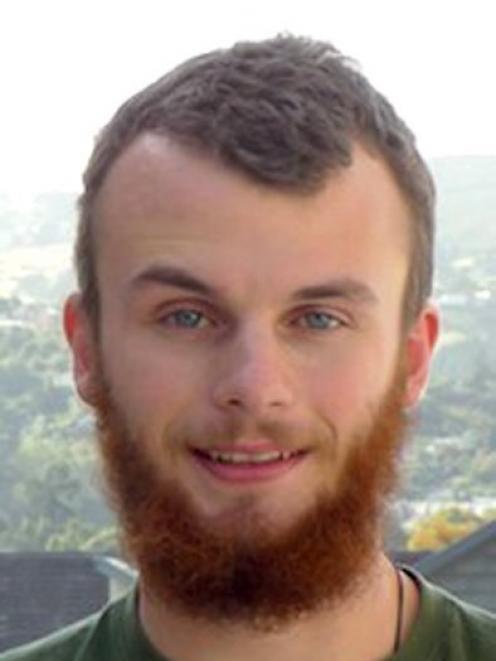Science
Otago Researcher Secures $820,000 Fellowship for Quantum Study

A physics researcher at the University of Otago, Dr. Trainor, has been awarded a prestigious fellowship worth $820,000 over the next four years by the Royal Society Te Apārangi. This grant will support his groundbreaking work on the potential applications of crystals in quantum memory storage, which could revolutionise computing and data security.
Dr. Trainor’s research focuses on developing novel materials and optimising their conditions for practical use in quantum technology. His team has successfully demonstrated that specially lab-grown crystals, doped with rare earth elements like erbium and neodymium, exhibit significant promise for optical quantum memory applications. These rare-earth-doped magnetically ordered crystals can potentially store data using single particles of light, known as photons.
To achieve this, the crystals are cooled to temperatures even colder than outer space, where laser pulses are employed to manipulate the rare earth elements within. Dr. Trainor noted, “I have been using such crystals to store single particles of light — photons — and recall them, which could be used as part of a future quantum network.” His ongoing work aims to characterise these crystals further, exploring the optimal conditions for their functionality. This research represents a vital step toward the commercialisation and real-world application of quantum technologies.
Fellowship Recipients and Their Research Focus
The Royal Society also awarded Mana Tūāpapa Future Leader Fellowships to several other researchers at the University of Otago, each focusing on diverse areas of study. Dr. Alice-Roza Eruera will investigate ancient viruses and their evolutionary significance, particularly in biotechnology and medicine. Meanwhile, Dr. Rebecca French aims to explore whether viruses carried by rats in New Zealand could potentially lead to human outbreaks.
Additionally, Dr. Caitlin Owen is set to develop a more transparent and energy-efficient automated machine-learning system. Dr. Wahineata Smith will examine the experiences of Māori and Tongan families raising children with dual heritages, contributing to the understanding of cultural dynamics in contemporary society.
In a related achievement, Otago anatomy professor Neil Gemmell received the Royal Society Mana Tūārangi Distinguished Researcher Fellowship worth $220,000. His research will delve into the role of mitochondrial DNA (mtDNA) in fertility, ageing, and overall health, utilising advanced genetic tools. He stated, “This work will enhance our understanding of the mitochondrial genome’s sex-specific influence on fitness, behaviour, health, and ageing.”
With these significant awards, the University of Otago continues to lead in innovative research, paving the way for advancements that could have wide-ranging implications across various fields.
-

 World3 months ago
World3 months agoTest Your Knowledge: Take the Herald’s Afternoon Quiz Today
-

 Sports3 months ago
Sports3 months agoPM Faces Backlash from Fans During Netball Trophy Ceremony
-

 Lifestyle3 months ago
Lifestyle3 months agoDunedin Designers Win Top Award at Hokonui Fashion Event
-

 Sports3 months ago
Sports3 months agoLiam Lawson Launches New Era for Racing Bulls with Strong Start
-

 Lifestyle3 months ago
Lifestyle3 months agoDisney Fan Reveals Dress Code Tips for Park Visitors
-

 Health3 months ago
Health3 months agoWalking Faster Offers Major Health Benefits for Older Adults
-

 World3 months ago
World3 months agoCoalition Forms to Preserve Māori Wards in Hawke’s Bay
-

 Politics3 months ago
Politics3 months agoScots Rally with Humor and Music to Protest Trump’s Visit
-

 Top Stories3 months ago
Top Stories3 months agoUK and India Finalize Trade Deal to Boost Economic Ties
-

 Entertainment3 months ago
Entertainment3 months agoExperience the Excitement of ‘Chief of War’ in Oʻahu
-

 World3 months ago
World3 months agoHuntly Begins Water Pipe Flushing to Resolve Brown Water Issue
-

 Science3 months ago
Science3 months agoNew Interactive Map Reveals Wairarapa Valley’s Geological Secrets









